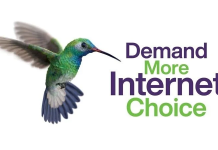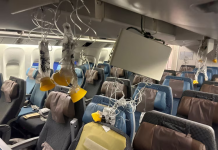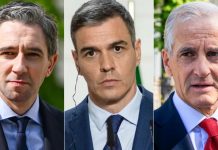Iran’s Supreme Leader Ali Khamenei has said there is nothing wrong with reaching a nuclear deal providing that the country’s atomic infrastructure remains “intact,” according to state media.
The top leader made the remarks on Sunday in a meeting with a group of nuclear experts and officials in the Iranian capital Tehran, commenting on the latest developments and progress of Iran’s “peaceful” nuclear programme, according to the official news agency IRNA.
He, however, stressed that the challenge Iran has faced over the past 20 years over nuclear issues has shown that the West is not trustworthy in its promises, Xinhua news agency reported.
He said past negotiations with the IAEA and some countries have shown that they failed to fulfill many of the promises they had given to Iran.
He reiterated that Iran “does not seek to move toward (developing) nuclear weapons, otherwise the enemies would not have been able to prevent it, as they have so far failed to stop our nuclear advances”.
The top leader emphasised that nuclear industry, an industry that bears great scientific importance and helps improve the people’s lives, is among the “fundamental and important” elements of Iran’s power and prestige, which is the reason why “the enemies” have focused on the country’s nuclear energy sector.
He stressed that the cooperation between Iran and the IAEA should be maintained, but the strategic law passed by the Iranian parliament in 2020 to counter US sanctions must not be violated.
The parliament’s law mandated the government to restrict IAEA’s inspections of Iran’s nuclear facilities and accelerate the development of the country’s nuclear program beyond the limits set under a 2015 nuclear deal.
Khamenei said Iran has achieved the present level of progress in the nuclear industry despite the threats and assassinations of its atomic scientists by the enemies, stressing that Iran should be able to generate 20,000 megawatt of nuclear electricity in the future.
Iran signed the nuclear deal, known as the Joint Comprehensive Plan of Action (JCPOA), with world powers in July 2015, agreeing to put some curbs on its nuclear program in return for the removal of the sanctions on the country. The US, however, pulled out of the deal in May 2018 and reimposed its unilateral sanctions on Tehran, prompting the latter to reduce some of its nuclear commitments under the deal.
The talks on the JCPOA’s revival began in April 2021 in Vienna, Austria. No breakthrough has been achieved after the latest round of talks in August 2022.
IAEA Director General Rafael Grossi paid a two-day visit to Tehran in early March when the two sides agreed to further interactions based on Iran’s cooperation and greater openness to the agency’s inspections.
20230612-034002




